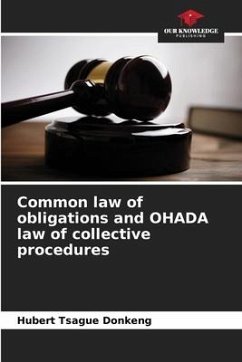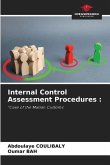In the context of OHADA collective procedures, the eviction of the ordinary law of obligations is neither systematic nor absolute. Faced with a debtor in serious economic and financial difficulties, the application of ordinary rules would not ensure the rational payment of creditors, let alone the recovery of the company. However, the regime of collective proceedings is far from being impervious to all the rules of the ordinary law of obligations. Failing a literal appropriation of some of these rules, the legislator has endeavoured to readjust them in such a way as to direct them towards the desired ends. As a result, obligation is no longer, either upstream or downstream, the product of the free play of individual wills. Through this dynamic, which relates to the birth and future of the obligation, the law of collective procedures offers a contribution to the enhancement and even the renovation of the common law, which seems to be aging and in search of a new breath. Thus, between the two branches of law, there is not only a source of conflict but also and above all a source of mutual enrichment.
Bitte wählen Sie Ihr Anliegen aus.
Rechnungen
Retourenschein anfordern
Bestellstatus
Storno








